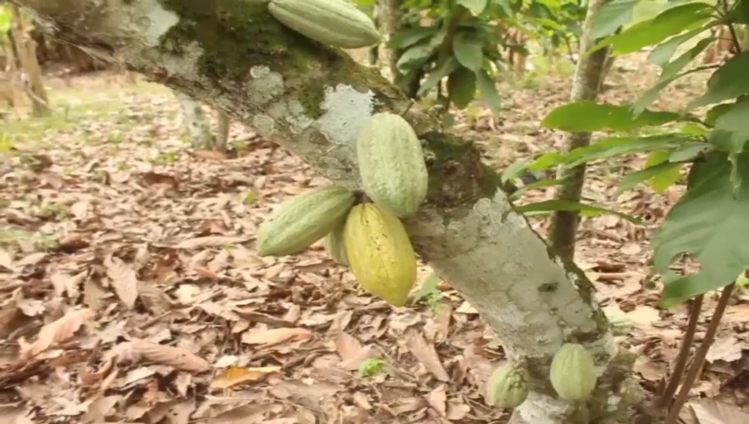Illegal gold mining, bad farming practices and lack of fertilisers for cocoa farmers in West Africa, risk undercutting next year’s cocoa yields in Ghana and to some extent Cote D’Ivoire, Singapore-based Redd Intelligence has warned.
In its analysis of Ghana’s cocoa sector, it said the war in Ukraine has limited Russian exports of fertilisers worldwide, including potash.
“No one can afford fertiliser as it costs at least twice what it did last year. “There will be a lower crop next year which will weigh on the minds of [all lenders] putting money into the market.”
“While rainfalls have helped the 2021-2022 cocoa crop season in both Ghana and Cote D’Ivoire, the next season does not look so promising as “the big things we have always been worried about are starting to rise up,” said George.
These challenges include the destruction of land, bad farming practices, illegal gold mining and climate change.
Redd Intelligence emphasised that Ghana used to give out free or heavily subsidised fertilisers to license-buying companies, but this has reduced over the years due to increased fraud and costs.
“As such, cocoa farmers in Ghana are demanding a 30% increase in price for the 2022-2023 season”, it added.
Another issue on the horizon, particularly for exporters, is the EU’s proposed carbon border adjustment mechanism (CBAM), initially published in July last year. The core element of the CBAM is the obligation to pay for greenhouse gas emissions embedded in certain carbon-intensive products imported into the EU through the purchase of so-called CBAM certificates.
However, while the proposed mechanism was initially aimed at the obvious polluting industries such as oil and gas, Redd Intelligence said the EU is now looking at introducing it for the production of chocolate, which is “incredibly high-emitting of CO2.”
“This will blow some of the economic models of developing markets completely out the water”, it warned.
Ghana is the second-biggest cocoa producer in the world, after Cote d’Ivoire, according to the International Cocoa Organization.
The two African nations combined control about 70% of the world’s cocoa market.
Latest Stories
-
Joy FM’s Edem Knight-Tay joins UMB as Head of Corporate Communication
5 minutes -
GF Awards 2025: Nasco Ghana honours winners with premium gifts at exclusive presentations
28 minutes -
Photos from inauguration of GoldBod taskforce
28 minutes -
Full judgement: Why Agradaa went to jail
30 minutes -
GoldBod generates $5b from small-scale exports, surpasses large-scale mining – Mahama
31 minutes -
Gospel artiste King Jappah to reclaim spotlight with new sound
38 minutes -
LFIA crowned best school in IGCSE English as a Second Language, gets 100% success in 2025 Baccalaureate examinations
43 minutes -
Nationwide power disruption expected on July 13 as plants shut down for maintenance
46 minutes -
GoldBod Security Task Force to restore integrity in gold sector – Mahama
57 minutes -
AUCB hosts commemorative lecture in partnership with Algerian Embassy to mark Algeria’s 63rd Independence Anniversary
1 hour -
70% of CEOs in Ghana confident of economic growth in 2025 – PwC report
1 hour -
Ghanaian CEOs maintain high optimism for GenAI despite mixed 2024 outcomes – PwC Report
1 hour -
Didi Dramani: Is he really a “book coach”?
1 hour -
Ghana’s IMF programme hit by major policy slippages and reform delays
1 hour -
Design and Technology Institute provides Ho Technical University with an innovation hub
2 hours

